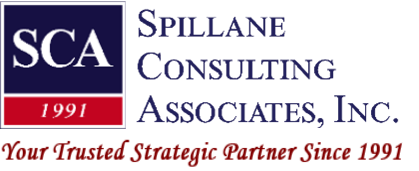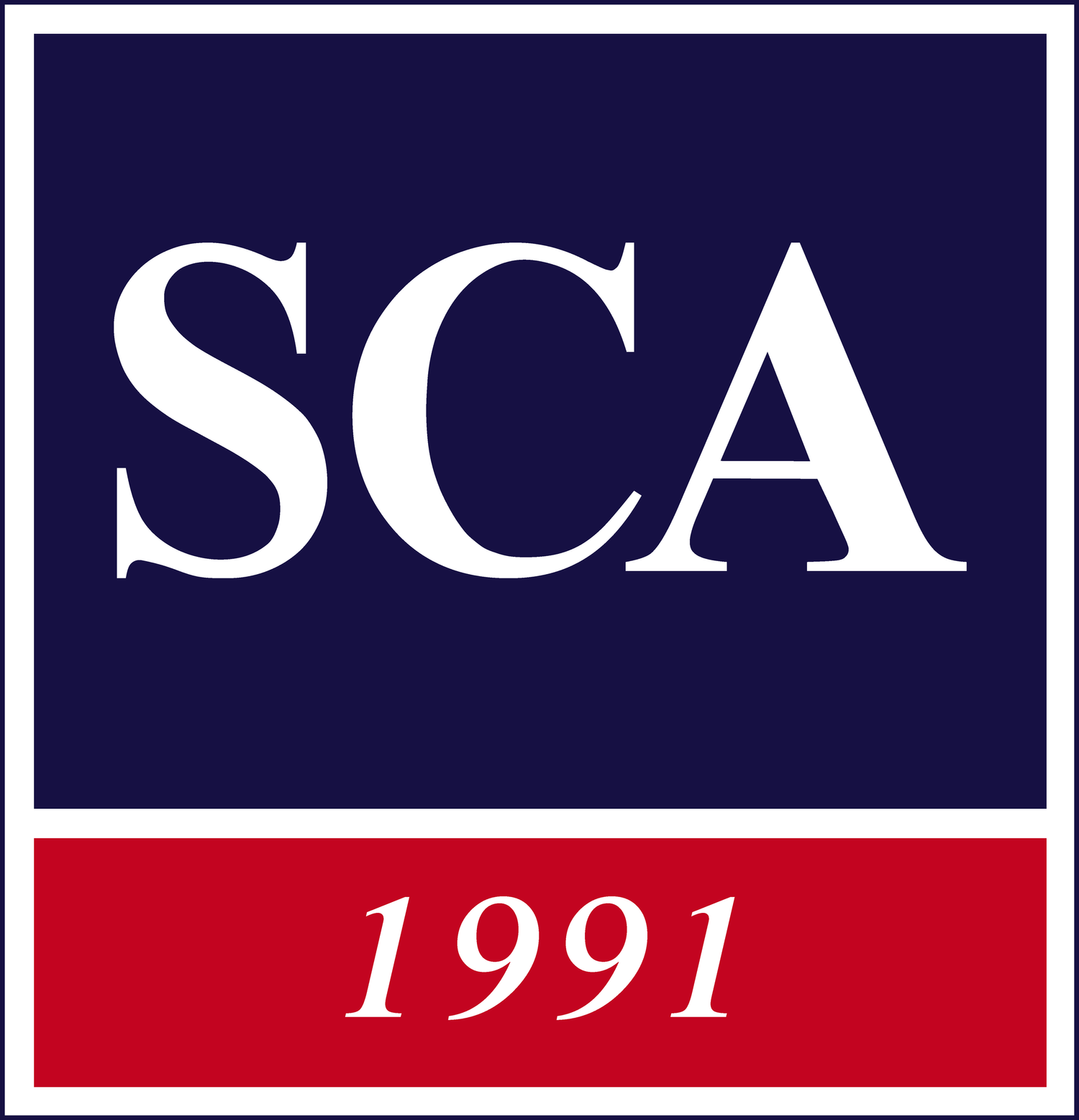Four Months to Update Your Compliance Operations
With the current downturn in loan volume and the ever-increasing cost to originate, Fannie Mae issued a recent announcement addressing several changes to its Selling Guide that will become effective September 1, 2023. These new changes will have a profound effect on lenders’ quality control (QC) and compliance.
Fannie Mae will now require the following:
Lenders must implement and maintain a written pre-funding QC plan that outlines requirements for examining a sample of your loans prior to closing or, in the case of loans being purchased from a third-party, prior to acquisition.
The lender must have documented procedures that include at a minimum, the following:
Pre-funding QC review process
10% or 750 sample size of your prior month’s originations/acquisitions
Combination of full file and component reviews
The GSE has also made one major change to its post-closing QC requirements and that is the audit life cycle has been reduced from 120 days to 90 days, a 25% reduction in time.
Like most of you who have seen a deterioration in loan volume, many of you may be far leaner on staff than you were a year or two ago. However, you can ill afford to ignore these new requirements or place QC on the back burner with outdated processes.
We at SCA are providing you with a wake-up call.
If you are like many other institutions right now who have neither the workforce nor the qualifications and subject matter expertise within your compliance and quality control areas required to review practices and procedures including your current data collection process. Failure to capture and categorize this data in a manageable way that is easy to understand for your management and Board can result in inaccuracies that could impact loan salability as well as trigger far deeper scrutiny from Fannie Mae and other Investors.
As a lender, you must maintain and implement a written pre-funding QC plan that includes the timing of the pre-funding QC reviews, loan selection process, verification of data, documents, and reporting.
Furthermore, you are required to clearly state your data collection method used and definitions to limit confusion within your QC department and the data-terms should be regularly checked for adherence in both your pre-funding and post-closing review process.
If you are still using outdated spreadsheets and emails to power your QC process, NOW is the time to rethink those methods and contact Spillane Consulting Associates, Inc.
What SCA can provide versus your in-house or 3rd party vendor practices is the ability to enable you to:
Automate loan import, qualification, selection, and assignment.
Filter out non-applicable questions/requirements.
Auto-issue exceptions and uphold review deadlines.
Complete re-verifications in an integrated environment.
Produce Executive and Board-level reports quickly and easily.
Conduct root-cause analysis.
Generate effective action plans for remediation.
At SCA, a well-managed QC plan and process not only enhances your origination activity by supporting high-quality, high-performing loan production, but will also reduce any operational deficiencies and potential risk that we may uncover, including potential buybacks.
Utilizing SCA’s QC automation multiplies the impact of QC efforts enterprise-wide by enhancing your quality in both lending and non-lending lines of business thereby extending the value of your asset.
With these new requirements from Fannie Mae (and don’t be surprised when other Investors follow) can your organization afford not to comply?
To learn more about our Compliance and Quality Control services, contact Bill Dolan, CMB, Director at (617) 694-2617 or email Bill at: Wdolan@scapartnering.com. To learn more about SCA Consulting, Compliance, Servicing, Technology, Lending Solutions, and Managed Services, please visit SCA’s website at: www.scapartnering.com.

